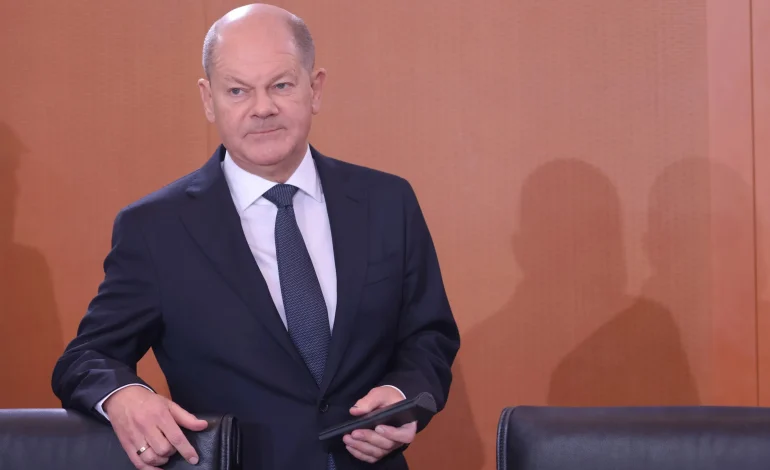German Chancellor Olaf Scholz announced plans on Wednesday to trigger a snap federal election on February 23, Bloomberg reports.
He will file a motion in the Bundestag (lower house of parliament) requesting a confidence vote next Monday. If, as expected, he loses the vote, he will then ask President Frank-Walter Steinmeier to dissolve parliament and set the election date.
This move follows the collapse of Scholz’s three-party coalition government last month after the dismissal of Finance Minister Christian Lindner of the Free Democrats (FDP) over a budget dispute. The confidence-vote mechanism, rarely used since World War II, allows Scholz to circumvent the normal parliamentary process and call an early election.
Scholz, who has governed Germany since late 2021, will address the nation later today. President Steinmeier has indicated his willingness to comply with Scholz’s request to dissolve the Bundestag.
The upcoming election will take place seven months ahead of schedule and will see Germany’s next chancellor grappling with a multitude of pressing issues. These include regional instability in the Middle East and the return of Donald Trump to the White House. Domestically, the next government will need to secure funding for Germany’s ambitious green transition and strengthen its national defense capabilities.
In an effort to bolster his chances, Scholz recently proposed a reduction in sales tax on basic groceries to ease the burden of persistent inflation on lower-income households. Despite trailing significantly in opinion polls, Scholz expressed confidence in the Social Democrats’ (SPD) ability to overcome the current deficit.
Current polls show the CDU/CSU conservative alliance led by Friedrich Merz holding a substantial lead at around 31%, with the far-right Alternative for Germany (AfD) in second place at some 18%. The SPD sits at 17%, followed by the Greens at 13% and the new far-left BSW party at 5%. The FDP is at risk of falling below the 5% threshold needed for parliamentary representation.
The conservatives have ruled out coalition with the AfD, leaving potential alliances with the SPD or Greens as their main path to power. Robert Habeck (Greens) and Alice Weidel (AfD) have been named as their respective parties’ lead candidates.
.









